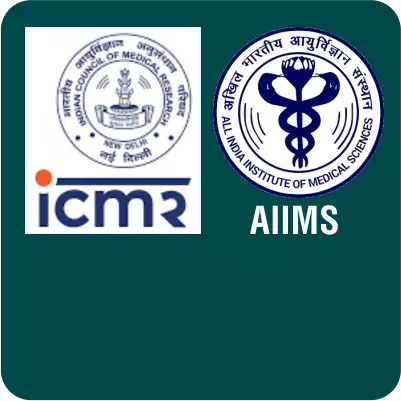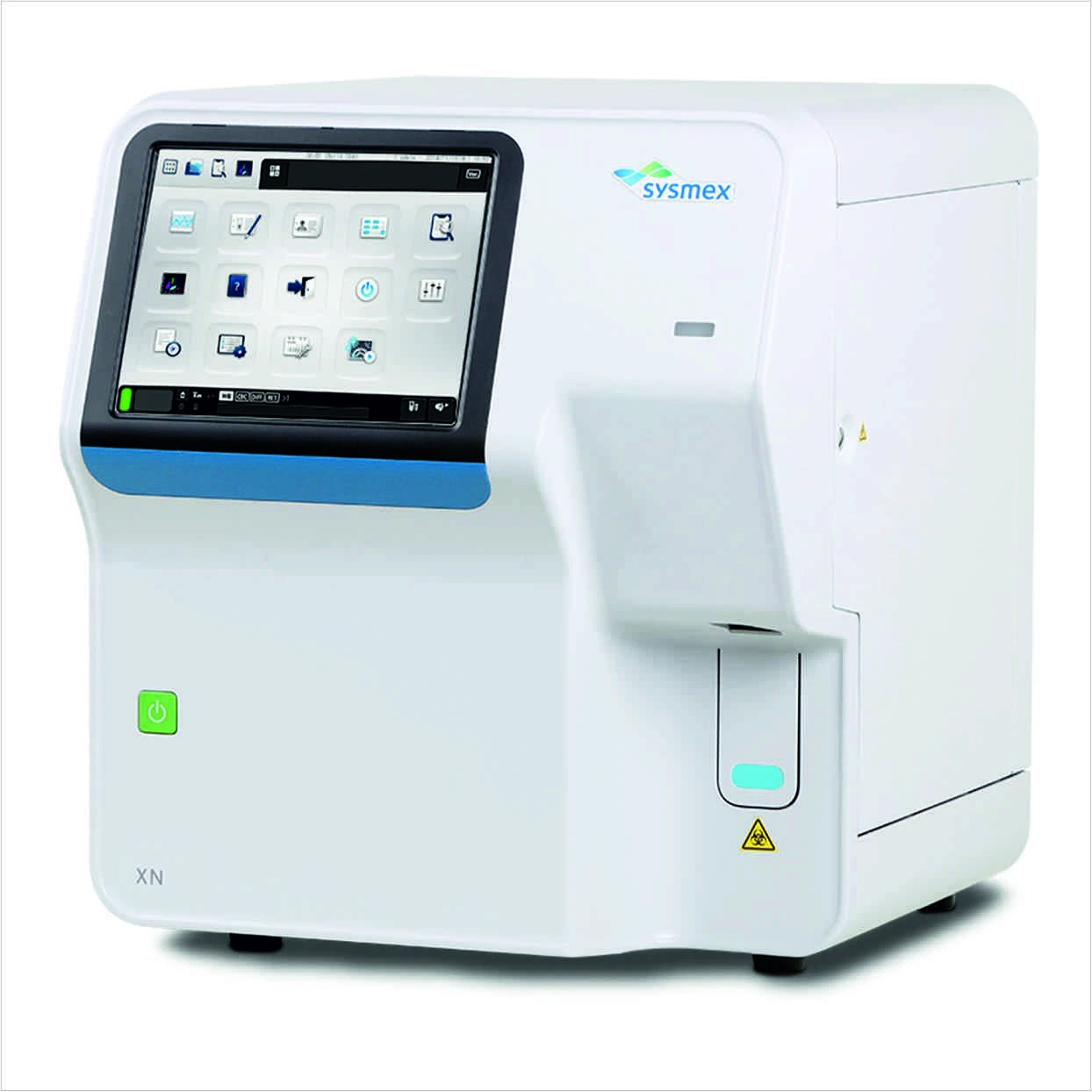
Herpes is an infectious skin disease caused by the Herpes Simplex Virus (HSV), it usually occurs in 2 forms (HSV-1 or HSV-2). The infection lasts for a lifetime and is not curable; however, treatments exist to manage symptoms. The Herpes Simplex Virus (HSV) test is used to detect the presence of antibodies in your body via swab samples or blood samples. The two types of herpes are oral herpes (HSV-1) and genital herpes (HSV-2). This skin infection is characterised by painful blisters or skin sores. When a person first gets infected, symptoms are most prominent and may include fever, fatigue, and swollen lymph nodes. Later on, the sores may reappear over the years, either around the mouth or genitals. This test can help to confirm if you have herpes and which type you have.
|
|
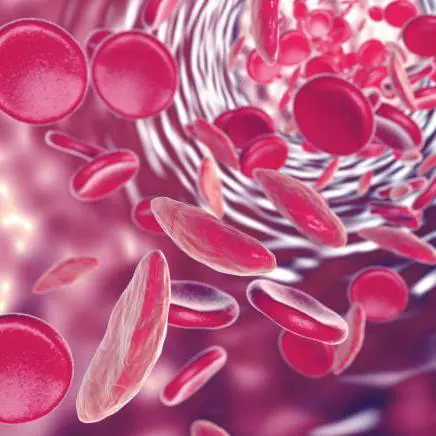
Your blood test or swab test will either have a positive or negative result. A positive result means the HSV antibodies were detected and you have been infected. If your results come back negative, it means either that you are not infected or that the test could not detect enough antibodies or viral DNA. If your test is negative but you still have symptoms, your doctor will ask you to get the Herpes Simplex Virus (HSV) test again.
|
|

![]() 0.89 IV or less – Negative.
0.89 IV or less – Negative.
![]() 0.90-1.09 IV – Equivocal.
0.90-1.09 IV – Equivocal.
![]() 1.10 IV or greater – Positive.
1.10 IV or greater – Positive.
|
|
What does the HSV Test Measure ?
The Herpes Simplex Virus (HSV) test helps to identify whether your oral or genital blisters are being caused by HSV and to rule out other causes. It may also be done during a pregnancy to check whether the mother or child has herpes.
Why should I do the HSV or Herpes Simplex Virus Test ?
You may need to get tested if you have the symptoms associated with oral or genital herpes including sores around the mouth or genitals, mild fever and fatigue. You may also need this test if your sexual partner or past sexual partners have herpes. Additionally, if you are pregnant and have herpes, your child may need to get tested too.
How is the HSV Test Done ?
During a swab test,phlebotomist from Maurya Labs will use a swab stick to brush against the sore or blister and take a sample of it. The test can also be done with blood with no need for fasting before the test. The blood sample can be taken by the phlebotomist at a pathology lab or at home. The sample collection takes less than a minute.
How do you get Herpes Simplex Virus ?
Transmission of herpes can take place in several ways. As a skin disease, it is transmitted by direct contact with a herpes sore. This can be the skin around the mouth, genitals or anus. Genital herpes can be transmitted during sexual intercourse, kissing and childbirth. In general, direct, physical contact with the mouth or genital sores of an infected person can lead to herpes. Although it is most contagious when the infection first occurs, it can still be transmitted later on as well.




| Most Important Test in any Disease | |
| 22 Parameters Covered | |
| No Preparation Required | |
| Done on 6 Part Hemoanalyzer - First in Seemanchal | |
| Read More |
|
|
| Most Important Test in Women | |
| 3 Parameters – T3, T4,TSH | |
| No Preparation Required | |
| Done on Fully Automatic Thyroid Analyzer Centaur CP from USA | |
| Read More |
|
|
| Most Important Test for Diabetics | |
| Gives average sugar over 3 months | |
| No Preparation Required | |
| Done on Glycohemoglobin Analyzer, Bio Rad from USA |
|
| Read More |
|
|
| Most Popular Health Checkup for Sugar and High BP patients |
|
| 75 Parameters Covered | |
| 12 Hours Fasting Required | |
| Total Cost Rs. 8210 Discount Rs. 4210 | |
| Read More |
|
|
| Full Body Checkup in Men aged less than 50 Years |
|
| 125 Parameters Covered | |
| 12 Hours Fasting Required | |
| Total Cost Rs 10710 Discount Rs 5510 | |
| Read More |
|
|
| Full Body Checkup in Women aged less than 50 Years |
|
| 130 Parameters Covered | |
| 12 Hours Fasting Required | |
| Total Cost Rs 12710 Discount Rs 6510 | |
| Read More |
|
|

Know Your Blood Count
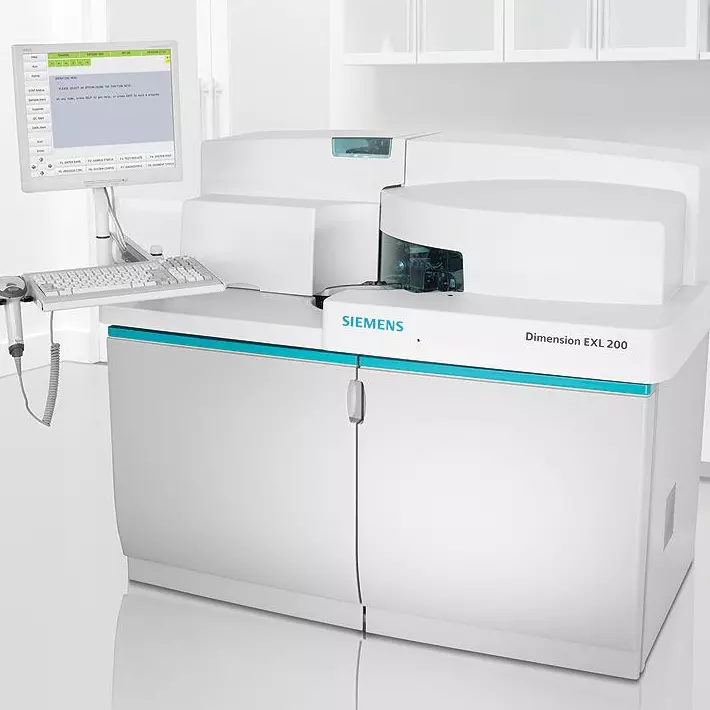
Checking Organ Health
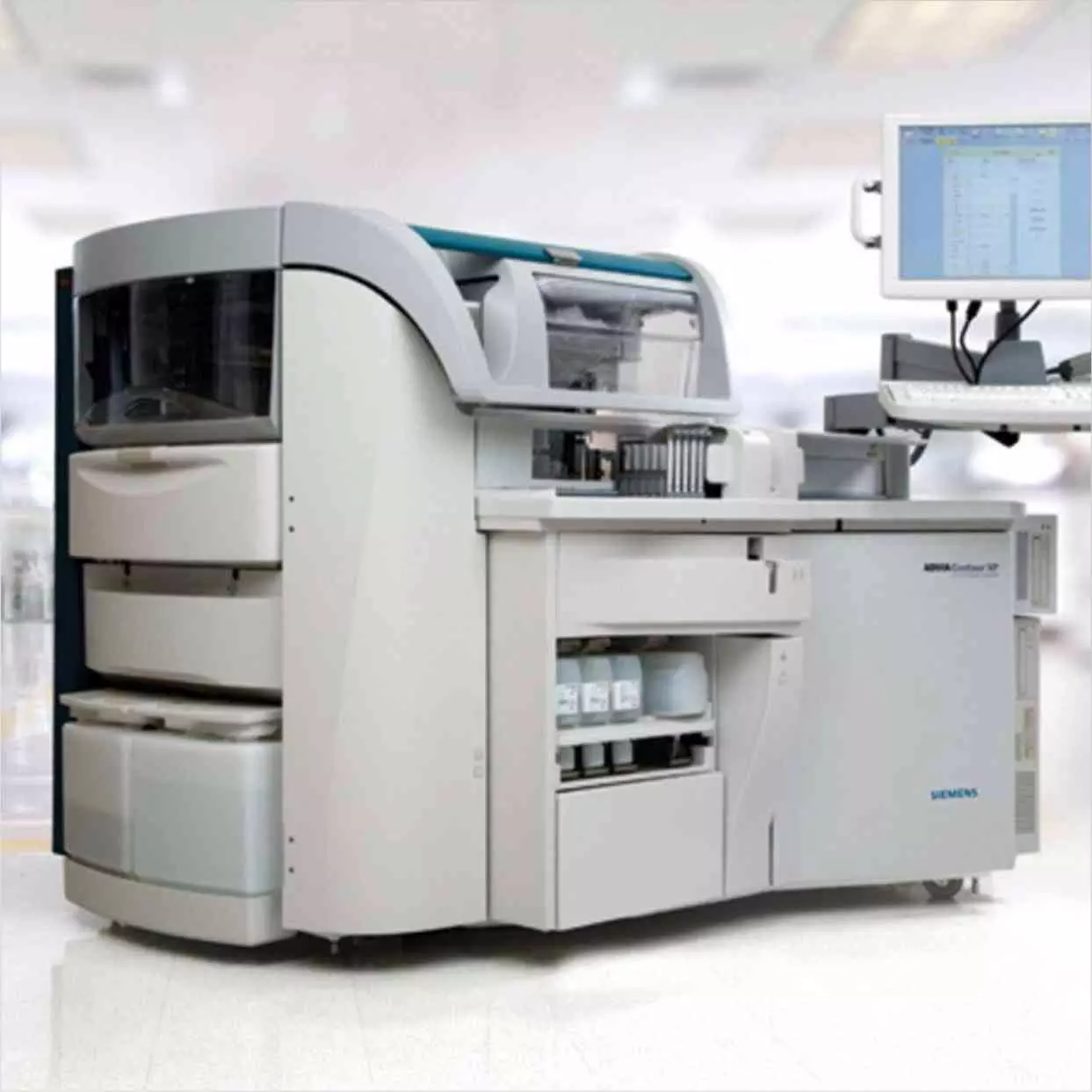
Hormonal Balance
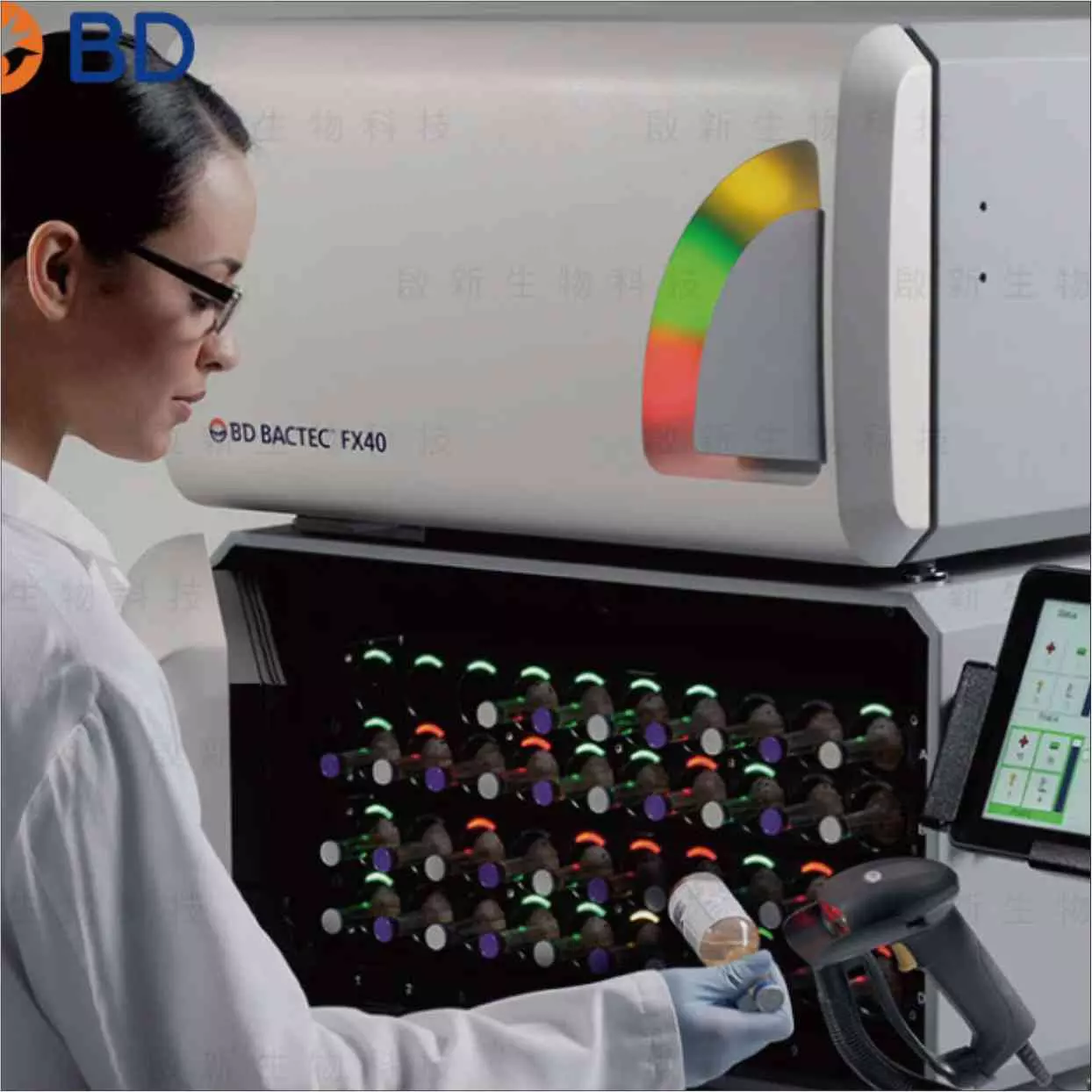
Infections in the Body



